London pickpocket Scarlett pulls herself up by the bootstraps after catching the eye of smuggler Robert. He brings her into his flashy criminal world, but his operation comes with risks. When betrayal leaves Scarlett dead in the desert, she rebounds from the ashes like a true phoenix. Now going by Duchess, she aims to avenge Robert with the help of loyal associates Danny and Baraka.
But does director Neil Marshall’s throwback to vintage British gangster flicks hit the mark? The flashy style nods to greats like Guy Ritchie, yet the thin plot and flat characters struggle to rise above the formula. We get a busy introduction over exposition instead of seeing Scarlett’s fire sparked onscreen. The sluggish pace waits an hour to truly ignite the vengeance action fans crave.
Still, Marshall shows flashes of his early magic. Ferocious lead Charlotte Kirk drives thrilling violence and black comedy beats. Visual grit pays homage, while veterans like Sean Pertwee and Colm Meaney add flair. Parts play like a lost ’80s grindhouse gem. If only trimming copied cliches gave sidelined talent room to shine. As is, Duchess offers a mixed bag of old-school crime thrills—take the hits and misses as they come.
The Tarnished Duchess
Scarlett earned her keep as a London pickpocket, a petty criminal just trying to survive. All that changed once she caught the eye of Rob, a smooth-talking American pulling off risky diamond heists. Swept up in his flashy world, Scarlett grew fond of the money and excitement. Rob offered a way out of the gutter and into a life of glamour.
Of course, such schemes come with grave risks. Rob’s business embroiled them with dangerous folk—men like Santiago, a cutthroat smuggler who seemed chummy one day yet sly as a fox. Things also grew complicated in Rob and Scarlett’s romance; though their passion pulled them together, their personalities never fully meshed.
When betrayal struck in a fiery ambush, it left Scarlett dead in the desert dust. But she emerged from the ashes, reforged as the notorious Duchess. Driven now by vengeance alongside her lone allies Danny and Baraka, the Duchess stopped at nothing to balance the scales. Her targeting was cold and calculated, an enemy to those who crossed her new criminal organization.
On the surface, Scarlett showed promise as a lead; she was tough, ambitious, and unwilling to be victimized. But glimpses of her secret hopes and doubts would have added nuance. Rob also retained an air of mystery that left one wanting more insights into his motivation and history. As for the villains, they blended into a colder mass without distinctive traits.
In the end, Duchess and her story held potential for gritty thrills and exploration of the gray areas of criminality. But without greater dimensionality in its main characters, the film remained tethered to formulas and lost chances for depth and complexity in its examination of organized crime.
Flash Without Substance
The Duchess wears her influences plain as day. One can spot echoes of Guy Ritchie in its rapid cuts, cockney gangsters, and gritty atmosphere. Like in Ritchie films past, title cards introduce the characters, and voiceovers provide narrative context.
Yet for all its borrowed bells and whistles, the Duchess lacks that essential Ritchie je ne sais quoi. Where Lock, Stock, and Snatch immersed viewers in a lived-in criminal underworld, Duchess presents a derivative collage of elements without cohesion. The characters have no dimensionality beyond cliche, and their world feels vague rather than truly realized.
Even the execution of homages feels stale. Voiceovers and freeze frames that stole the show in the 1999 thriller now seem like tired retreads. Attempts at Tarantino-esque dialogue generate more cringes than chuckles. Despite its slick presentation, the style feels hollow at its core.
Pacing conspires against any investment as well. While an engrossing setup propelled the early Ritchie works, Duchess wanders aimlessly in the introduction. Its first act proves an utter chore, overloading viewers with half-baked characters that never re-emerge. The film drags long before laying any groundwork for tension or intrigue.
Once the revenge plot finally hits its stride, Duchess channels the grindhouse spirit of 1970s exploitation films. Yet even in payoff, it misses the spark of genuine evocation. Violence and black comedy bring fleeting entertainment instead of propulsive momentum. Style outweighs substance throughout.
With all its homaging hustle and bustle, the Duchess forgets the most important lesson of its predecessors: that panache means nothing without heart. While Marshall mimics techniques that thrilled decades ago, he replicates them without understanding what made the originals sing. His storytelling flair feels found, not forged, and thus leaves critics cold where Ritchie once roused.
Commitment Amid Chaos
For all Duchess’s flaws, one star shines through—Charlotte Kirk puts her heart fully into Scarlett. In each scene, her physical commitment stands out. Her charisma and intensity hold attention, making a hard-working leader easy to root for.
Scarlett endures much during her vengeance quest. Yet Kirk immerses viewers in her inner strength, making trials feel real rather than superficial drama. She breathes grit and humor into interactions with Dan and Baraka, forming the film’s liveliest portions. Even through ho-hum dialogue, Kirk’s presence lifts every moment.
Supporting players like Sean Pertwee proves reliable assists. As Dan, he matches Kirk’s energy, lending humor and humanity whenever possible. Hoji Fortuna also greatly contributes as a loyal right-hand Baraka, bringing a sense of care to their dynamic.
Action scenes represent both promise and peril. Well-shot for excitement, they prove gripping islands in the Duchess’s meandering sea. But brevity limits sustained momentum. Violence entertains through creativity yet seldom shocks, missing a visceral punch.
Costuming deserves praise, with Scarlett moving authentically through environments. Outfits accentuate her skills and determination, never feeling titillating or distancing. Production values garner enough style points despite pacing issues elsewhere.
While direction and writing frustrate, the commitment of the cast and crew remains admirable. Duchess finds its feet primarily through star power and technical competency, if only they had a tighter narrative to shine through.
Failing to Grippingly Introduce
The duchess stumbled right out of the gate with a pacing problem. Over an hour passed before its plot truly kicked in, wasting valuable time. Now I love a leisurely buildup as much as the next person. But here, character introductions felt rushed rather than rich. We learned surface details about many players but understood few on a deeper level.
Take Scarlett and Robert’s beginning. While their meeting was hinting at something sweet, the actual scenes fell flat. Little nuance fleshed out who they were or why we should care for them beyond their looks. Their relationship progressed at Sprint’s pace, leaving emotional investment behind. So when tragedy struck, it impacted less than intended.
Now some introductions, like Scarlett’s father, show promise. But he faded to the background after. Secondary characters switched focus too fast to stick. Had the first act focused on fewer figures and delved into their lives, connections may have resonated more. We would understand losing Robert through Scarlett’s eyes rather than as nameless, pretty faces.
Things picked up once revenge drove the plot. Action sequences gripped, and black humor landed. Yet by then, boredom sat in, difficult to overcome. The overall experience lacked cohesion as sections never smoothly meshed. The duchess desperately needed tightening to keep interest sparked. At a crisp 90 minutes, it may have maximized momentum.
As is, the Duchess tells instead of showing. It tells of relationships and their importance, yet shows little to make us invested. It tells of a gripping underworld yet shows only surface aspects. While potential existed, an overblown runtime prevented maximizing strengths and fully drawing us under its spell. A leaner cut may have made a tale of vengeance far more compelling.
Finding the sparks
While Duchess had problems, it wasn’t without its moments. Some sequences showed flashes of potential that left you wishing the whole film had delivered at that level. Take the neck tie scene—now that provided a genuinely blackly humorous highlight. Stephanie Beacham sank her teeth into the role, and that moment in particular, with devious glee. Her vicious character came to creepy life in a way that kept you watching uneasily through your fingers.
Another standout came in a shootout inside a parking garage. Snap edits and gritty camerawork made it a tense, frenetic affair. Bodies thudded satisfyingly to the ground amid flying bullets and shrieking tires. You found yourself drawn right into the chaos despite disconnecting from the characters. It delivered pulse-pounding action where the pacing flew.
Even smaller touches showed imagination, like the way introductions blended modern style with old-school flair. Names slicing onto the screen in retro titles had a certain appeal. At their best, such methods blended pop art pizazz with noir nods to the classics of the genre. So clearly, Marshall grasped visuals and could craft arresting individual sequences.
Of course, potential existed in the premise itself. A resourceful woman embarking on a vengeance mission to right wrongs appeals strongly. We’ve seen how compelling that can be when executed superbly. Had Marshall focused there while pruning unnecessary parts and really digging into Scarlett’s journey, it might have soared. A tighter emphasis on her could have shaped a sharply engaging tale.
While making an uneven effort, Duchess reminded me that Marshall grasps tension and style. With refinement, he could weave magic from such materials. As is, it offered just flashes, yet in those sparks still lingered traces of what might have been—a film that fully ignited our passions and didn’t let go. With luck, future collaborations will more often capture that spellbinding fire.
The Dimmed Spark of Duchess
When it comes to Duchess, there is potential that sadly goes unfulfilled. Glimpses shine through, suggesting Neil Marshall could craft an exciting entry in the crime thriller genre. However, this outing remains too beholden to formula and never ignites.
Charlotte Kirk stands out as a capable leading lady, fighting gamely with all she’s given. Her Scarlett shows grit and allure that keep watchability alive. Yet the character and story fall back on tired tropes. Originality lacks where risks could have pushed boundaries.
By now, directors know audiences taste more innovative twists on tired formulas. Duchess, though, feeds us old dishes left in the fridge for too long. Scenes feel like warmed-over versions of those in superior flicks. Nothing distinguishes its figures or arcs enough.
We’ve seen what Marshall can do, from Dog Soldiers to Descent. Clearly, the ability exists to craft nail-biters that juggle thrills and social commentary. But this film plays everything safe, never letting its talents fully shine. It aims for pulpy fun yet lands in mediocrity’s mire.
Had it streamlined focus to the revenge-fueled hunt, given side characters purpose, and trimmed redundant backstory, Duchess may have sparked fiercer fires. As is, it remains an outing that fails to light the darkness, leaving only flickers of what could have been. Its diminished spark shows greater works still wait within Marshall’s sights.
The Review
Duchess
While Duchess has its moments of excitement, it ultimately falls short of greatness by playing it too safe. Original ideas and complex characters could have elevated this into an exhilarating crime thriller. As it stands, it remains an all-too-familiar genre exercise that wastes the potential glimpsed in its stars.
PROS
- Charlotte Kirk gives a strong, physical lead performance
- Action sequences are competently directed
- Glimpses of Neil Marshall's skill as a filmmaker
CONS
- Deeply derivative of other crime thrillers like early Guy Ritchie films
- Slow, ponderous pacing that delays the main plot
- One-dimensional, lifeless characters
- Predictable, cliched storytelling









































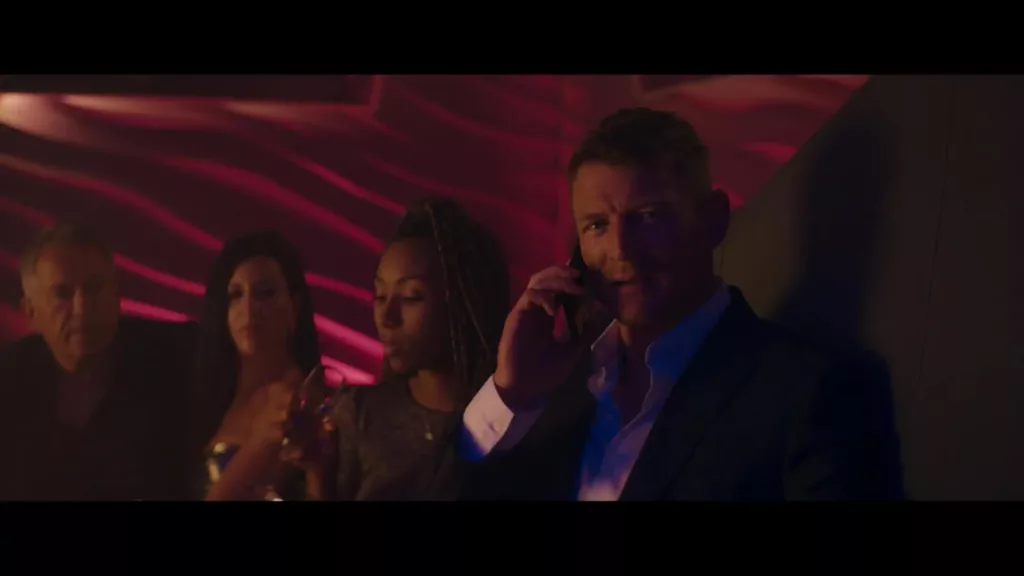
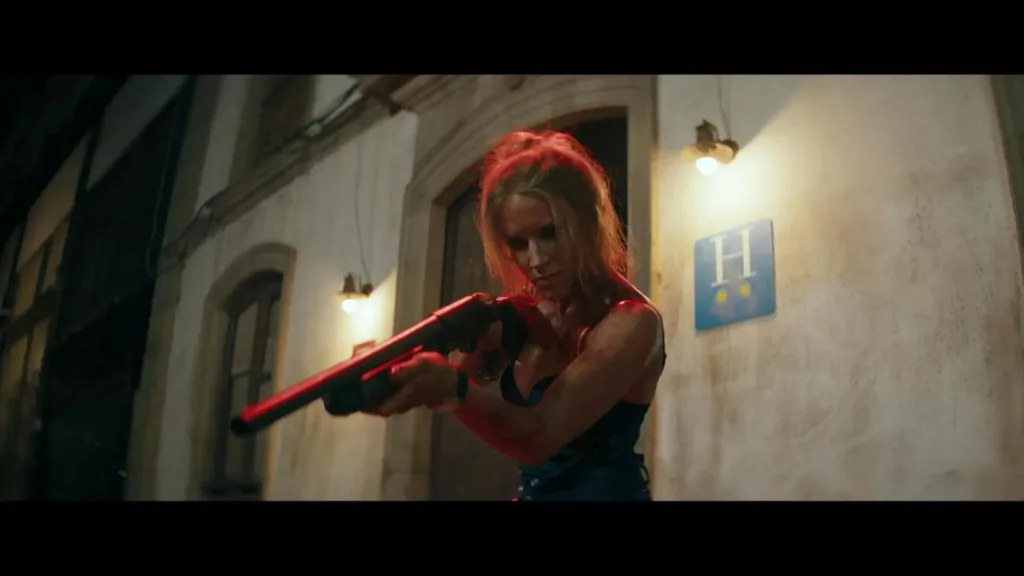
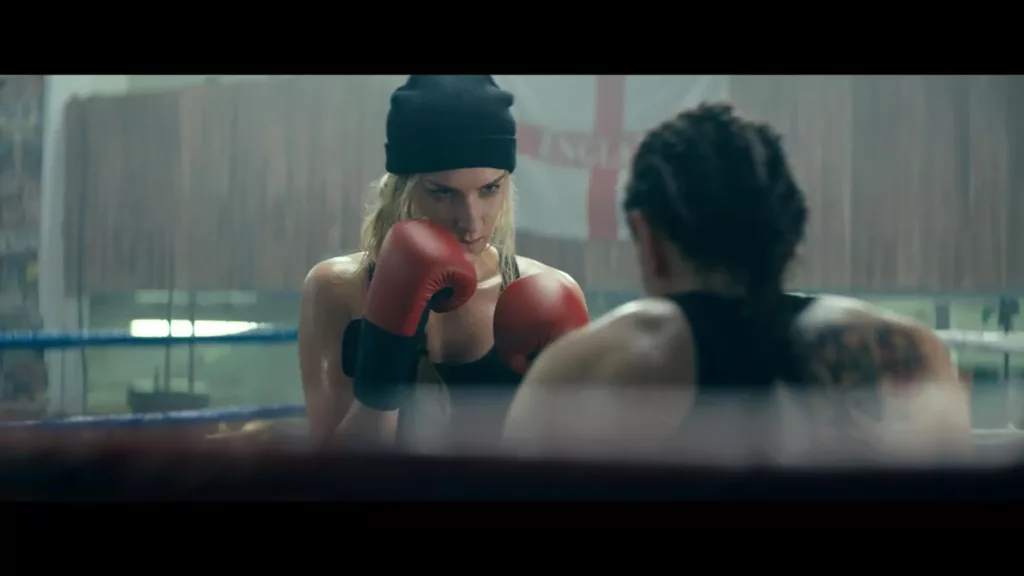
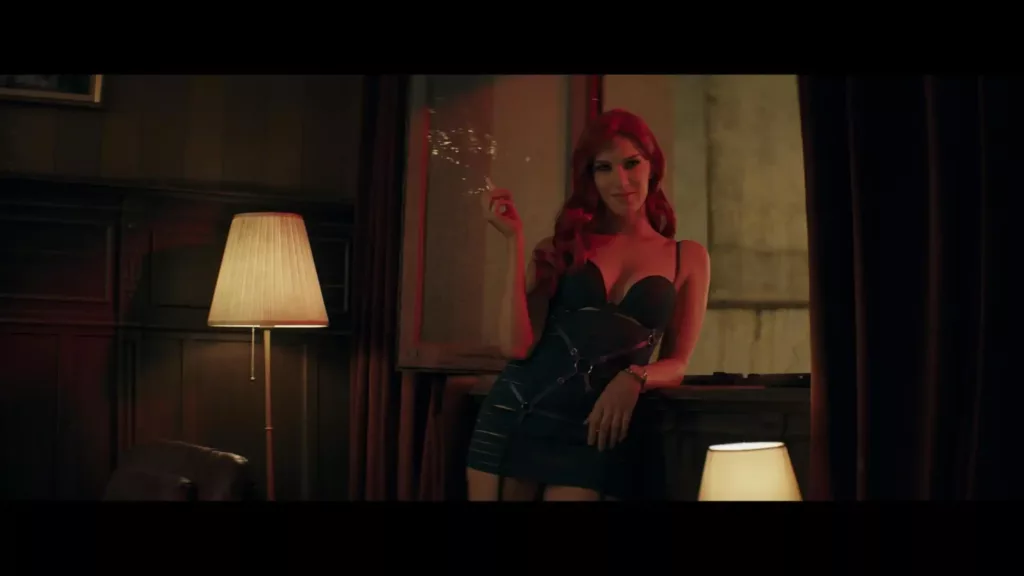
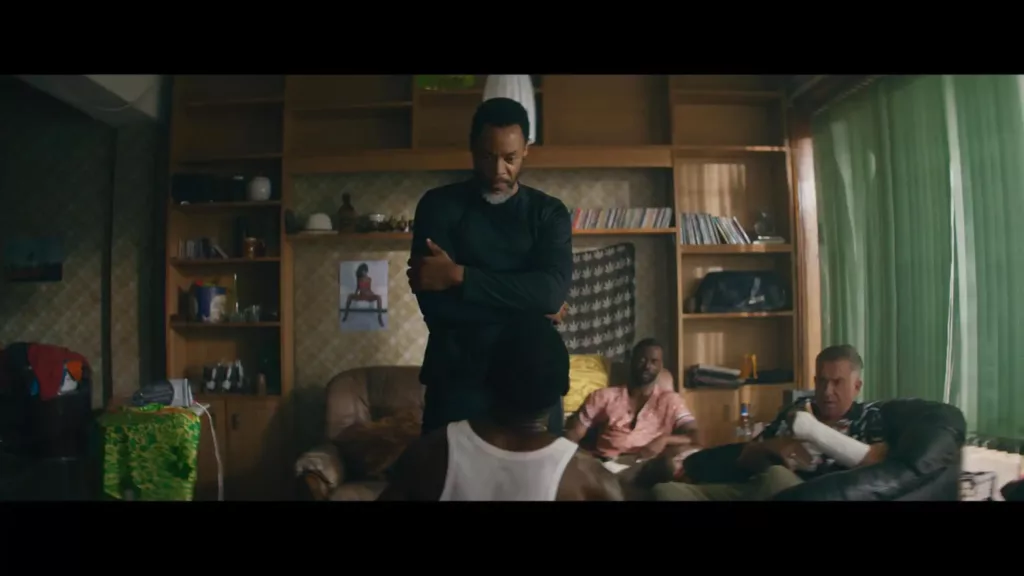








Discussion about this post